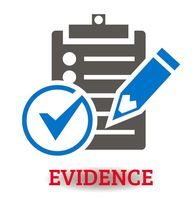evaluatıon standards

Many organizations have endorsed a set of standards to guide evaluation efforts in intervention and prevention practice. The aim has been to determine the most appropriate criteria to conclude that an intervention is effective in improving the targeted outcomes.
The standards for the scientific evidence of effectiveness are roughly guided by 4 types of validities:
Meeting the standards enables us to scale-up and disseminate only the programs that are shown to be efficacious and effective, thus the efficient allocation of resources for development. Standards of Evidence for Efficacy, Effectiveness, and Scale-up Research The below guidelines prepared by task forces on evaluation provide the standards on how to achieve the above-mentioned validities and avoid the threats against them. They also describe ways of acquiring other forms of knowledge to judge the results of a program. Society for Prevention Research Link U.S. Department of Education’s What Works Clearinghouse Link Blueprints for Healthy Youth Development Link European Monitoring Centre for Drugs and Drug Addiction Link National Registry of Evidence-Based Programs and Practices, SAMHSA Link Coalition for Evidence-Based Policy Link World Bank IEG Link Center for Disease Control and Prevention’s Guide to Community Preventive Services Link United Nations Evaluation Group Link OECD Link |

